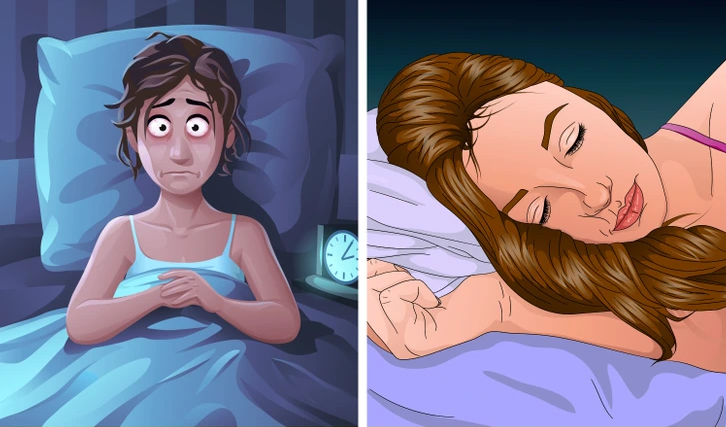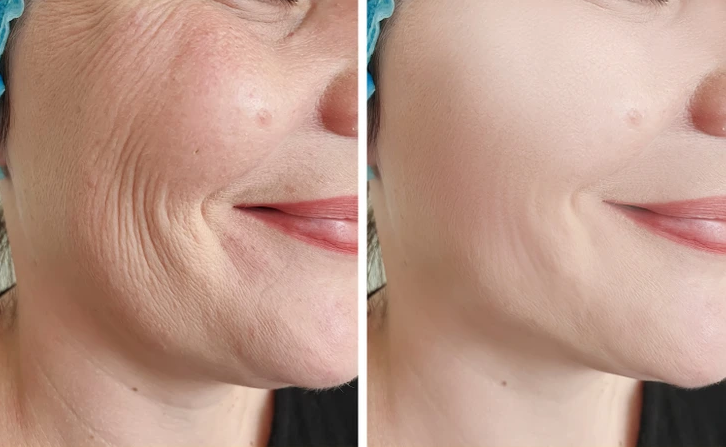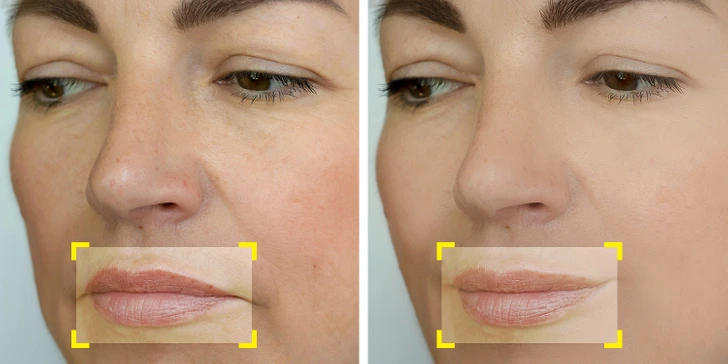Ever wondered why successful people like Kim Kardashian, Anna Wintour, and Oprah Winfrey hit the sack at 10 p.m.? It turns out that there’s more to it than just discipline. Going to bed early can have a profound effect on both your body and mind. Let’s explore what happens when you start tucking in at 10 p.m. and why it might be a game-changer for your health and well-being.
Maximizing Your Sleep Cycles

One of the key benefits of going to bed at 10 p.m. is that you can take full advantage of your natural sleep cycles. Our sleep is divided into 90-minute cycles, consisting of light and deep phases. The most restorative sleep occurs during the non-REM phase, between 10 p.m. and 2 a.m., when your body repairs itself and your mind resets. This deep sleep is essential for feeling refreshed in the morning.
By getting to bed at 10 p.m., you hit this prime recovery window, ensuring that your body can make the most of these critical hours. Studies show that sleeping earlier also reduces negative thoughts and insomnia, so you wake up with a clear mind. Think of it as getting your body’s “maintenance” done during those golden hours.
Improved Physical Recovery and Fitness
When you’re asleep, your body isn’t just resting; it’s hard at work. Deep sleep is when your body produces hormones essential for growth and repair. This process is crucial if you want to maintain or improve your physical condition. For athletes or fitness enthusiasts, going to bed at 10 p.m. can give your muscles the time they need to recover and strengthen after a workout.
Plus, with the added benefit of feeling more refreshed in the morning, you’re more likely to stay active and motivated to move throughout the day. So, not only are you repairing your body, but you’re also setting yourself up for success the next day.
Reduced Stress Levels
Stress and sleep have a close relationship. When you’re sleep-deprived, your body releases more cortisol, the hormone responsible for stress. High cortisol levels can leave you feeling anxious and frazzled, which only makes getting a good night’s sleep harder. It’s a vicious cycle that many people struggle to break.
However, when you make the conscious decision to start going to bed earlier, you’re allowing your body to get the rest it needs, naturally lowering your cortisol levels. By prioritizing your sleep, you’re also prioritizing your mental health, making it easier to handle stress and challenges that come your way.
Boosted Immune Function
Going to bed at 10 p.m. can actually strengthen your immune system. Multiple studies have shown that people who sleep earlier and for longer periods tend to have stronger immune responses. In contrast, those who stay up late and don’t get enough sleep are more prone to illnesses like type 2 diabetes, heart disease, and high blood pressure.
The deep sleep phase, which happens between 10 p.m. and 2 a.m., is vital for your immune cells to function properly. During this time, your body produces cytokines, proteins that help fight off infections and inflammation. So, by hitting the hay earlier, you’re giving your body the time it needs to build a stronger defense system.
Slowing Down Skin Aging

Want to keep your skin looking youthful? Start by getting to bed earlier. Research indicates that lack of sleep can accelerate the signs of aging, such as wrinkles and fine lines. As we age, the quality of our sleep naturally declines, which can take a toll on our skin’s regenerative abilities.
When you sleep, your skin cells work to repair damage from environmental stressors like UV rays and pollution. If you cut your sleep short, you’re cutting short your skin’s ability to recover, leading to premature aging. Those extra hours between 10 p.m. and midnight give your skin time to restore itself, keeping it radiant and healthy.
Emotional Stability and Mental Clarity
Let’s face it: sleep impacts our emotions. When we don’t get enough rest, we’re more prone to mood swings and emotional outbursts. On the flip side, getting to bed at 10 p.m. allows for a full night of sleep, which helps regulate the brain chemicals responsible for our emotions.
When you wake up well-rested, you’re better equipped to handle stress, communicate with others, and stay emotionally stable throughout the day. Not to mention, waking up early gives you the opportunity to soak in some natural sunlight, which helps boost your serotonin levels—the “feel-good” hormone that keeps your mood in check.
Enhanced Emotional Intelligence

It may surprise you to learn that sleep affects how well you can understand other people’s emotions. A study found that sleep-deprived individuals have a harder time recognizing facial expressions and emotions like happiness and sadness. Interestingly, though, they can still easily detect negative emotions like anger and fear, likely because these are tied to survival instincts.
By going to bed earlier, you give your brain the rest it needs to sharpen its ability to pick up on social cues, making you more empathetic and emotionally intelligent. This can help improve your relationships and interactions, both personally and professionally.
Conclusion: Early to Bed, Early to Thrive
It’s clear that going to bed at 10 p.m. offers a wide range of benefits, from improved physical health to enhanced emotional well-being. By syncing your sleep schedule with your body’s natural cycles, you can maximize recovery, reduce stress, boost your immune system, and even slow down the signs of aging.
So, if you’re looking for a simple lifestyle change that can lead to big improvements, consider making 10 p.m. your new bedtime. With better sleep, you’ll wake up feeling recharged, healthier, and ready to tackle whatever the day throws at you. Isn’t it time to prioritize your rest and give your body what it really needs?


